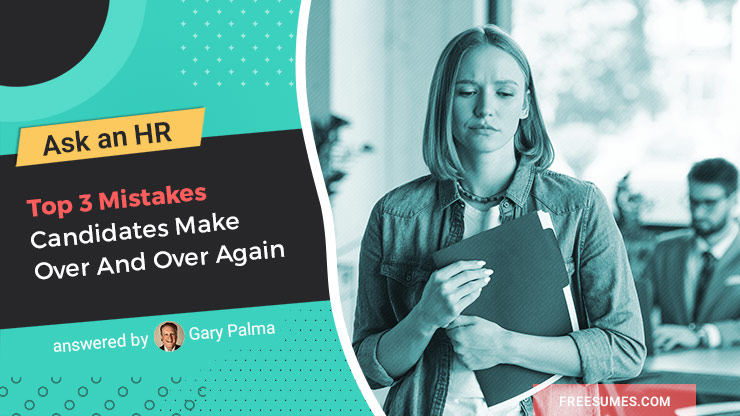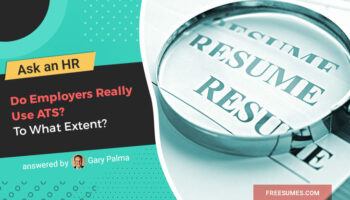1. Failure to Prepare
By failing to prepare, you are preparing to fail. — Benjamin Franklin
Many of the mistakes that candidates make fall under the major category of Preparation. A skilled interviewer will know very quickly if you are not fully prepared, and your candidacy will be doomed.
Research the job and the employer
If you are not provided with a detailed interviewing agenda, inquire as to whether you will have a single interview, a series of interviews or a panel. Research the interviewer(s) on LinkedIn and through your professional network. If you are working with an independent recruiter, include them in your preparation process to maximize your success. Ask about the company, the culture, the interviewers, what they’re really looking for, expected attire and any other pertinent information they will share.
If the interview is on-site, ensure that you know the location and how long it will take you to get there. Be on time, but no earlier than 15 minutes. For a video interview, ensure that your equipment is in top working order.
Practice your interview
The interviewer will likely refer to your resume, so know it top to bottom as it relates to the job. Practice your interview with a partner who is both supportive and honest. Prepare answers to common questions (that you have also researched):
- “Tell me about yourself.” Answer with your elevator speech.
- “What are your strengths and weaknesses?” Don’t respond that you don’t have any weaknesses. Instead, be self-aware, appropriately humble but motivated. Respond in terms of what you have learned about yourself and steps that you are actively taking to improve.
- “Why should we hire you over all of the other candidates?” Answer with your value proposition as it relates directly to this opportunity, including your major strengths and accomplishments that set you apart. Be prepared for questions about salary and benefits.
Also be prepared to ask specific questions of the interviewer.
One way to reduce the pressure is, instead of approaching this as a job interview, think of it as a meeting or consultation to discuss ways that we can improve this organization by adding a new member to team.
Other common preparation mistakes are easily avoidable.
Do what you must to be at the top of your game. Be well rested and hydrated, and mind your hygiene. Dress appropriately. If in doubt, it’s better to be somewhat overdressed than underdressed. Smile, maintain a positive demeanor and body language. Avoid expressing anger and badmouthing prior employers and supervisors. If you carry your phone, silence it.
2. Failure to Adapt
All failure is failure to adapt, all success is successful adaptation. — Max McKeown
Now that you’re totally prepared for your interview and it’s underway, the hard part begins. As the interview progresses, try to use a portion of your attention to monitor and adapt as necessary.
- How are you doing and feeling?
- Are you being confident and concise, talking too much or too little?
- Is your enthusiasm level and tone appropriate?
- Are you effectively connecting with the interviewer on this two-way street? If not, what should you change going forward? Your successful adaptation will send a powerful message that you are an agile and superior candidate.
One of my favorite questions as a candidate is, “How would you define success in this job after 60 or 90 days?” Listen to the answer carefully and respond with strengths and experience that will enable you to directly accomplish the goals that the interviewer articulates.
In rare occasions, the interviewer may not be sufficiently skilled so that you are not getting adequate opportunity to shine. If that happens, turn up your assertiveness without going overboard. Say what you came to say and tout yourself as the superior candidate within the context of the interview up to that point.
3. Failure to Close
Always Be Closing — Every Sales Manager
In advance, prepare a closing that re-states your value proposition, expresses your desire for this opportunity and answers the question, “Why should we hire you?” Then adapt your closing statement as necessary based on what you learned in the interview as it concludes.
Request contact information of the interviewer(s) and reinforce your availability to engage in the next steps in the selection process. Promptly follow up with “thank you” notes to the interviewer(s). Re-affirm your strengths and interest in the job and tie up loose ends by providing any necessary additional information.
Each week, we answer your most burning questions about job search, interviews, and career. Have a question for an HR but haven’t had the chance or courage to ask? Just tweet it to @freesumes with the hashtag #AskAnHR and we might feature your question and your tweet in our next Ask an HR edition.






